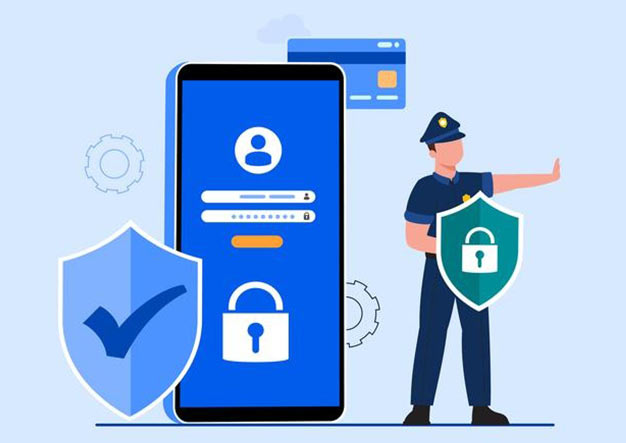
The security of your website is crucial nowadays. As businesses move online the threat of hacks and data breach increases with it. WordPress as a platform offers a lot of flexibility for people and businesses to design their website or get it designed through website developers. From ready-made templates to the theme to content optimization and SEO. These features make WordPress the most sought-after platform for website design. As much as WordPress provides various security facilities through plugins, the security concerns have always been there despite the security plugins. And since most of the websites are made on WordPress the WordPress security becomes even more of major concern. Let us take you through best practices to secure your website made in WordPress.
- Keep your website updated. WordPress with each new update strengthens its security.
- Keep your plugins and themes updated. The updated version of the plugins and theme helps in avoiding potential breaches, vulnerabilities, and bugs.
- You need to take a backup plan on WordPress to keep the backup of your site. This may be a little extra but in few extra bucks, you can sleep in peace that even if something of a breach were to happen you can always work with the backup.
- Ensure that you utilize the full benefit of limited login attempts for the day which will help you ward off any such breach. Also, keep changing your passwords regularly as that decreases the hackers chance to break into your site
- You can also install a firewall on your computer and or your website. Firewalls act as protection for your site against malware, hacker attacks, bugs viruses.
- User access to your site should be limited. If that is not possible then you can reduce or limit the user permissions or functions.
- You should enable the security scans which will periodically scan your site and for anything suspicious. If they find something it will be removed at once. These agents work as antivirus
- Change your URL. The most uses URL is also used by hackers to get into your database. Changing it will act as a protection cover from such hacks.
- Always use the Secure Socket layer (SSL). For this again you may have to pay a little extra but you should ask your hosting provider or any third party for this. And guess what with the SSL plan you do not seal the protection of your site but also get to rank higher on Google as Google favors sites that use SSL, and who doesn’t want to be in the good books of Google for the ranking.
More or less that sums it all. If you wish to secure your website and still do not know how to do it contact us and we will help you with the process.


